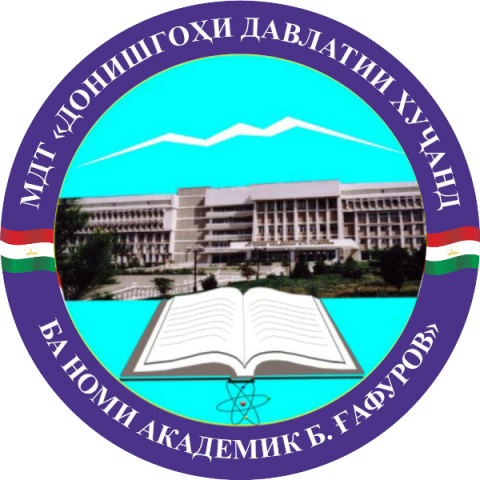list (economic 2023)
THEORETICAL ASPECTS OF THE POLICY OF FREE FOREIGN TRADE AND THE IMPLEMENTATION OF THE IMPORT SUBSTITUTION STRATEGY IN AN OPEN ECONOMY
Authors:  Alidzhanov Dzhamshed Abdukayumovich - Doctor of Economics, Professor, Head of the Department of Economic Theory KSU named after acad. B. Gafurova
 
JOURNAL NUMBER: 1(64). YEAR OF ISSUE: 2023. LANGUAGE OF THE ARTICLE: Tajik
 
ANNOTATION
This article discusses the theoretical issues of foreign trade policy in the context of the implementation of the import substitution strategy. It should be noted that the theory and practice of state regulation of foreign trade covers many approaches in the field of free trade and the implementation of protective trade with elements of protectionism. The decision to regulate the parameters of foreign trade is not only economic in nature, but also political, taking into account the interests of economic agents. It is determined that foreign trade policy has a positive impact on the economy only if the domestic market of goods has sufficient competitiveness in foreign goods. At the same time, reducing the negative effects of foreign trade and promoting competition is the responsibility of the State. The use of tariff methods of regulating foreign trade in modern conditions and the integration of many countries within the WTO does not allow you to independently protect domestic producers from the influence of foreign competition. Therefore, for the implementation of foreign trade policy in modern conditions, the use of non-tariff methods of regulation seems to be a priority. When implementing foreign trade policy and stimulating import substitution, the joint use of tariff and non-tariff methods of regulating foreign trade can provide good results. In this direction, the use of import quotas to reduce its large volumes and stimulate the growth of domestic production can provide a positive effect.
 
KEY WORDS
foreign trade policy, World Trade Organization (WTO), current account balance, export, import, import substitution strategy, domestic production.
 
 ðÉð¢ð│ð╗ð©ð╣Ðüð║ð©ð╣
ðÉð¢ð│ð╗ð©ð╣Ðüð║ð©ð╣
 ðóð¥ÊÀð©ð║Ëú
ðóð¥ÊÀð©ð║Ëú  ðáÐâÐüÐüð║ð©ð╣
ðáÐâÐüÐüð║ð©ð╣ 
